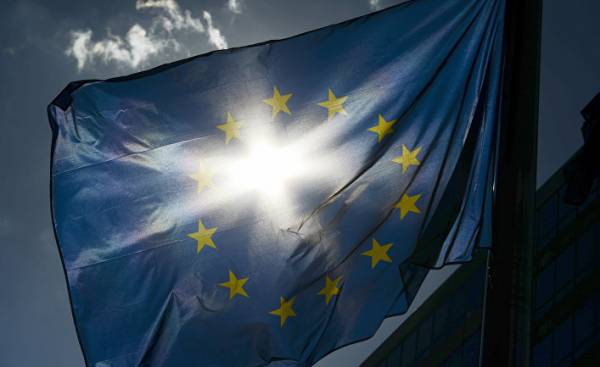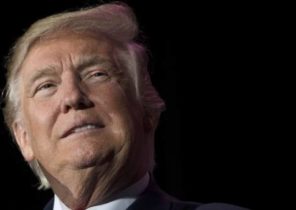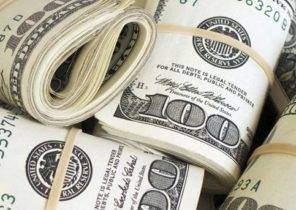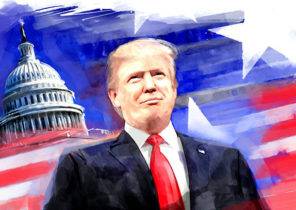
The era of negative rates and asset purchases by the European Central Bank will soon end. In fact, the ECB is already taking the first steps, slowing the monthly pace of asset purchase. Investors now need to think about how, when and where it will ultimately end.
The ECB has repeatedly signaled that his first step will be a gradual decline in the pace of asset purchases, bringing them to zero. And only after that it will start to raise interest rates. But recent leaks from the ECB cast doubt on these measures. Obviously, some managers will first want to raise interest rates or do it while reducing the pace of asset purchases.
Such ambiguous and conflicting signals are creating problems. It is much better to change the sequence of actions. If investors can’t rely on what the ECB will do what it says, the Central Bank in the future will be much harder to steer expectations. Fortunately, the ECB President Mario Draghi and chief economist Peter Praet (Peter Praet) has recently confirmed that the first reduction in the pace of purchases, then a pause, and then raise the bets.
The most important is to build up a common policy. The volume of purchases of shares and the level of interest rates should give the right amount of incentives. But the specific strategy to exit the market, will have a significant impact.
European banks will benefit if the ECB will start increasing rates. Bank interest loan can then grow more substantial than the interest paid on deposits. But even if such an increase will help banks, this does not mean that the ECB should take such measures.
First, the ECB will be difficult to justify such a strategy, since banks will benefit at the expense of their customers. But to make sure that the strategy is reset, the assets arranged banks is also very difficult, because the ECB responsible for banking supervision and monetary policy, and must individually make decisions in these two areas.
Second, changing the sequence of the first rate hike will be perceived by the markets as an implicit recognition of the fact that the experiment with negative interest rates was a mistake, which is unlikely to recur. It creates the impression that during a future recession the ECB will be less able to support the economy.
As to the time of decision-making, the strategy of the ECB depends on three points: that we the future will bring, how the ECB will interpret their powers and whether to intervene in these policy processes.
It is clear that the faster growing core inflation, the sooner the ECB could start an exit strategy. But sensible managers always strong temptation to be overly cautious. The ECB may face barriers to economic and legal nature, further interest rate reductions and the purchase of additional securities and bonds if the economic Outlook deteriorates. It is better to overexcite the economy now than to find that tomorrow there’s nothing you can do.
Also important ambitions of the Central Bank. When the Eurozone was flirting with open deflation, the ECB asserted that it will promptly return inflation to target. Now that the ECB has a more modest goal is to avoid deflation, the sale of shares is more likely. But if the Bank has decided not to retreat, while core inflation will not return to normal, he shouldn’t even care from the market.
The unpredictable factor in this debate — the possibility of political interference. The heart of Europe is constantly increasing pressure to the ECB prematurely sold the shares in order to force the politicians from provinces to start the implementation of reforms. From the same pressure, for the administration of the trump suspects that the ECB will give European companies an unfair advantage, underestimating the Euro.
Ultimately, the ECB will raise rates, returning them to a normal level, and reduce its balance sheet assets and liabilities (preferably in that order). Some bankers of the ECB is so reluctant when it comes to the purchase of securities that need a full-blown crisis, in order to get them to buy again. If the ECB wants to guarantee that in the future he will be able to soften its policies, he needs to up the ante, and not reduce, whenever possible, the balance of assets and liabilities. This balance needs to remain large in the foreseeable future.
Richard Barwell senior economist of the management company BNP Paribas Investment Partners.







